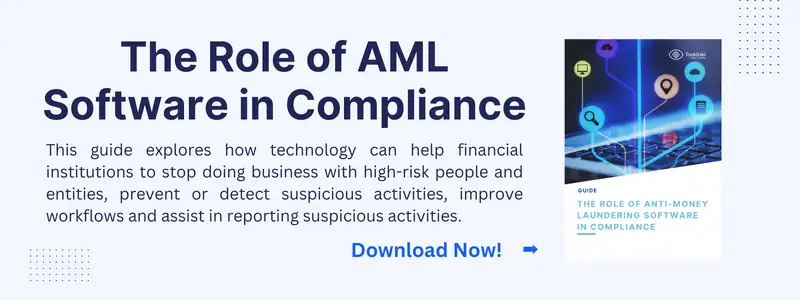USA PATRIOT Act: Its Components, Significance and Criticisms
Introduction
The USA PATRIOT Act stands as a significant piece of legislation that has shaped the landscape of national security and civil liberties in the United States. Enacted in response to the 9/11 terrorist attacks, the act introduced a range of measures aimed at enhancing counterterrorism efforts.
In this article, we will delve into the USA PATRIOT Act, its main components, the concept of Patriot Act compliance, and the biggest criticisms it has faced. Join us as we explore the intricacies of this controversial law and its implications for national security and individual privacy.
Key Takeaways
- The USA PATRIOT Act was enacted to enhance counterterrorism efforts in the aftermath of the 9/11 attacks.
- It introduced expanded surveillance powers, enhanced information sharing, and strengthened regulations on money laundering and terrorist financing.
- Compliance with the act involves obligations for financial institutions, including customer due diligence and reporting of suspicious activities.
- The act has been subject to significant criticism, particularly regarding potential privacy violations and the erosion of civil liberties.
- Ongoing debates surround the balance between national security priorities and the protection of individual rights and freedoms.
The USA PATRIOT Act: Understanding the Context and Purpose
The USA PATRIOT Act, enacted in response to the 9/11 attacks, aimed to provide law enforcement agencies with enhanced tools and authority to combat terrorism.
The Main Components of the USA PATRIOT Act
- Expanded Surveillance Powers: The act granted broader surveillance capabilities to intelligence and law enforcement agencies, including the collection of business records and access to electronic communications.
- Enhanced Information Sharing: The act promoted increased collaboration and information sharing among government agencies to improve the flow of intelligence and strengthen national security efforts.
- Strengthened Money Laundering and Terrorist Financing Regulations: The act imposed stricter regulations on financial institutions to prevent money laundering and terrorist financing activities.
USA PATRIOT Act Compliance: Requirements and Obligations
- Financial Institutions and Customer Due Diligence: Financial institutions are required to implement robust customer due diligence processes to identify and verify the identity of their customers.
- Reporting Suspicious Activities: The act mandates the reporting of suspicious activities that may be linked to terrorism or money laundering to appropriate authorities.
- Maintaining Adequate Records: Financial institutions must maintain proper records of transactions and customer information to facilitate law enforcement investigations when necessary.
The USA PATRIOT Act's Impact on National Security and Civil Liberties
- Balancing National Security Priorities: The act aimed to strike a balance between national security imperatives and the protection of civil liberties, although critics argue that it leans heavily towards the former.
- Controversies Surrounding Surveillance Programs: Surveillance programs authorized under the act, such as the collection of metadata and bulk data collection, have sparked debates about privacy infringement and government overreach.
- Evaluating the Efficacy of Counterterrorism Measures: The effectiveness of the act's provisions in preventing terrorist attacks remains a subject of ongoing discussion and analysis.
The Biggest Criticisms of the USA PATRIOT Act: Privacy Concerns and Civil Liberties
- Potential Abuse of Surveillance Powers: Critics argue that the act's broad surveillance powers have the potential for abuse, leading to unwarranted invasions of privacy and the targeting of innocent individuals.
- Lack of Transparency and Oversight: Concerns have been raised regarding the lack of transparency and inadequate oversight mechanisms to ensure the responsible use of the act's provisions.
- Impact on Privacy Rights and Constitutional Protections: The act has been criticized for its impact on privacy rights and the erosion of constitutional protections, such as Fourth Amendment rights against unreasonable searches and seizures.
Anti-Financial Crime Compliance with Tookitaki?





